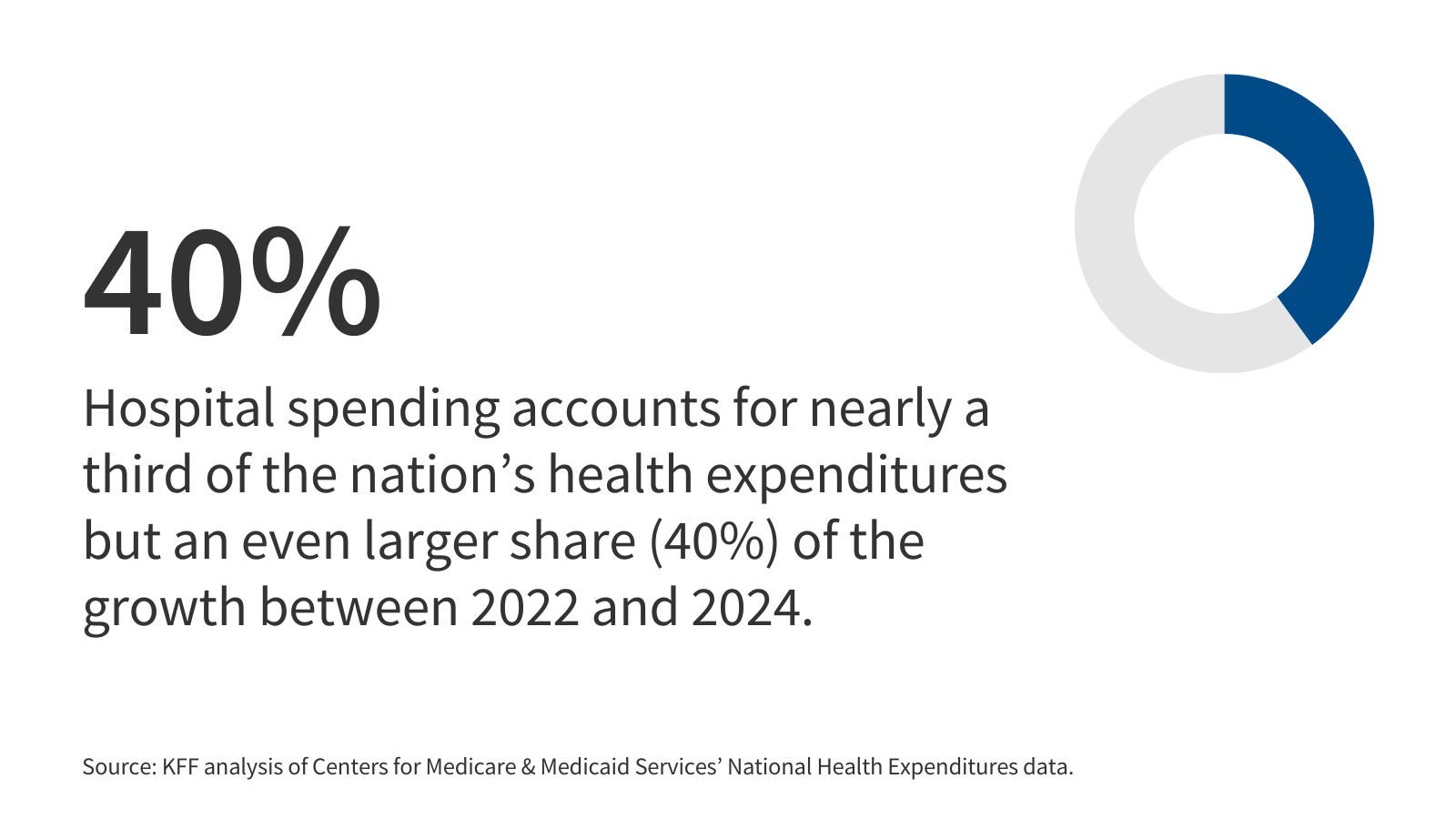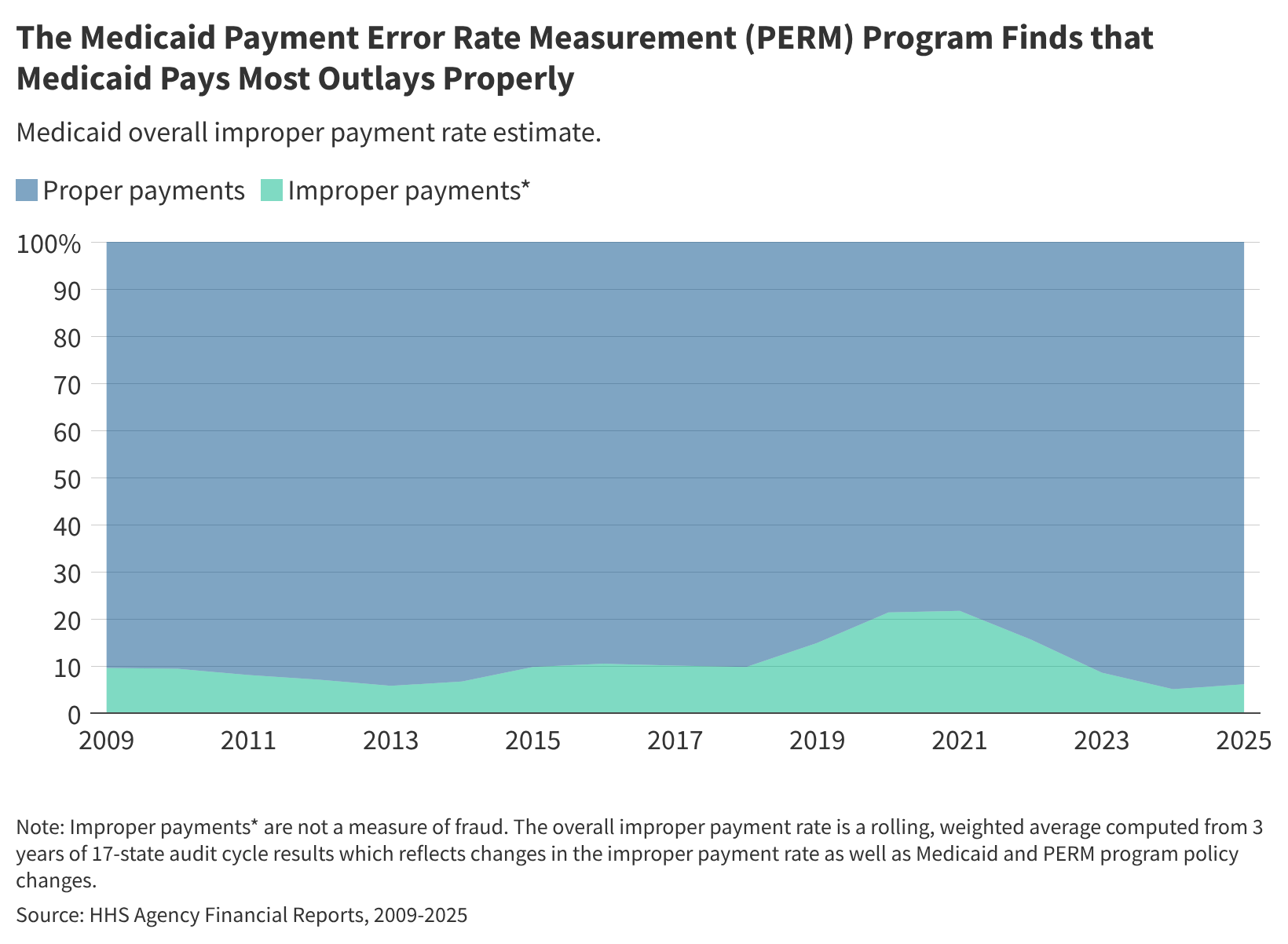Medicare Advantage (MA) insurers scored a major court win this week when a federal judge struck down a Biden-era regulation that beefed up risk adjustment audits in the program.
Judge Reed O’Connor, of Texas’ northern district, ruled Thursday that the Department of Health and Human Services had violated the Administrative Procedure Act by failing to appropriately notify the industry and the public about changes in the rule.
The Biden administration finalized the long-awaited rule in February 2023 to overhaul audits for risk adjustment data validation, or RADV, that determine whether plans were overpaid. While insurers did secure a win in that the new audits would not be backdated beyond 2018, the final rule also ditched the “fee-for-service adjuster,” which changed overpayments based on similar amounts in traditional Medicare.
Humana filed suit to challenge the RADV overhaul in September 2023, with the fee-for-service adjuster being central to its argument.
Insurers have maintained that the adjuster is key to ensuring parity between MA and traditional Medicare, as Medicare data have consistent issues that the industry argues can lead to MA plans being underpaid. The adjuster’s removal was included in both the proposed and final rules, but the Centers for Medicare & Medicaid Services (CMS) changed its reasoning between the two rules, per the lawsuit.
Humana also said that removing the adjuster and making that decision retroactive for multiple years undermines the methodology it used to calculate bids.
The CMS argued that the change did not cause harm and that it did not need to abide by public comment requirements to make a switch in logic. The agency also said that while the reasoning may have changed, the stated logic in the final rule flows naturally from the proposed version.
O’Connor disagreed with this perspective in his ruling.
“Here, because there was no meaningful notice of Defendants’ ultimate finding that actuarial equivalence does not apply to RADV audits, there was no meaningful dialogue regarding the costs and benefits of the surprise changes,” he wrote in the order. “The harm caused by the lack of discussion—which is an independent ground for vacatur and remand—is exacerbated by the Final Rule’s application back to 2018.”
“While the Parties dispute whether this is impermissibly retroactive, it is undisputed that companies like Plaintiffs relied upon and operated under the old rule’s guidance from 2018–2023,” he said.
As such, insurers are likely to bear “enormous unforeseen costs” because they relied on the existing methodology for those years.
In addition to being a major setback to an extensive process to redesign RADV audits, the court’s ruling also carries implications for the Trump administration’s current efforts to beef up audits of MA plans. The CMS said in May that it plans to increase the number of coders and grow the audit volume each year to claw back overpayments.
The agency is facing a significant audit backlog under the RADV changes that dates back to 2018.
Publisher: Source link










